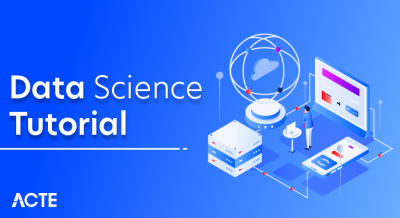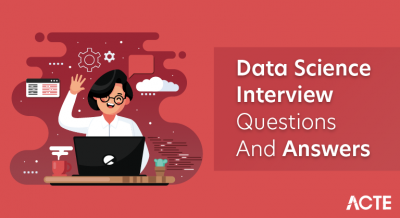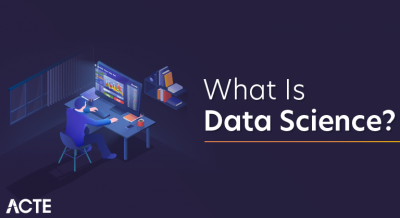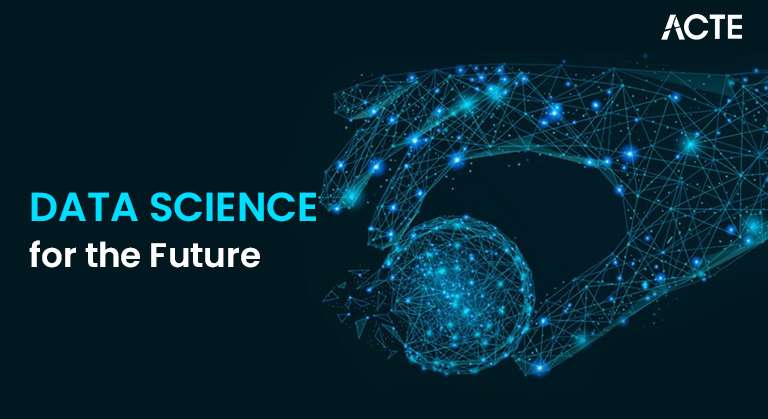
- Introduction to Data Science as a Career
- Demand for Data Scientists in the Job Market
- Salary Trends for Data Science Professionals
- Key Skills Required for a Data Science Career
- Educational Pathways to Become a Data Scientist
- Industries Hiring Data Science Professionals
- Career Growth and Advancement in Data Science
- Challenges Faced in a Data Science Career
- Freelancing vs Full-time Jobs in Data Science
- Certifications and Courses to Boost Your Career
- Future Scope of Data Science
- Conclusion: Is Data Science the Right Fit for You?
Introduction to Data Science as a Career
Data science has rapidly become one of the most exciting and lucrative career paths in the technology and business sectors. With the explosion of data generated by businesses, governments, and individuals every second, the demand for skilled professionals who can interpret and analyze this data has skyrocketed. Data Science Training combines knowledge from statistics, computer science, and domain expertise to extract valuable insights from large datasets, enabling companies to make informed decisions, optimize operations, and predict future trends. As a career, data science offers a unique blend of technical skills and creative problem-solving, making it appealing to individuals who enjoy working with data to solve complex issues. It’s a field that requires both a strong analytical mindset and the ability to translate insights into actionable recommendations, making data scientists key players in shaping the future of various industries.
Demand for Data Scientists in the Job Market
The demand for data scientists has been growing steadily and shows no signs of slowing down. As organizations continue to realize the potential of data-driven decision-making, they increasingly require skilled professionals who can turn raw data into actionable insights. According to the U.S. Bureau of Labor Statistics, employment for data scientists is expected to grow much faster than the average for all occupations. The rise of artificial intelligence (AI), machine learning, and big data analytics has only fueled this demand, making data science one of the most sought-after professions of the 21st century. Learn more about Agents in Artificial Intelligence.
The versatility of data science across different sectors has also contributed to the increased demand for these professionals. Data scientists are needed everywhere, from tech giants and healthcare providers to financial institutions and government agencies. Businesses are continually looking for individuals who can not only analyze data but also find patterns and trends that can be used to create competitive advantages.
Salary Trends for Data Science Professionals
One of the most appealing aspects of pursuing a career in data science is the potential for high earning potential. Due to the high demand and specialized skill set, data scientists enjoy lucrative salaries. According to Glassdoor, the average salary for a data scientist in the U.S. is over $100,000 annually, with senior-level professionals and those in leadership roles earning significantly more.
Factors such as industry, experience level, location, and company size all play a role in determining salary. For example, data scientists in tech hubs like San Francisco, New York, or Boston can expect higher wages than those in smaller cities or rural areas. Moreover, professionals with expertise in specialized areas of data science, such as Subjects in Data Science, machine learning, or deep learning, often command even higher salaries due to the advanced nature of their skill sets.
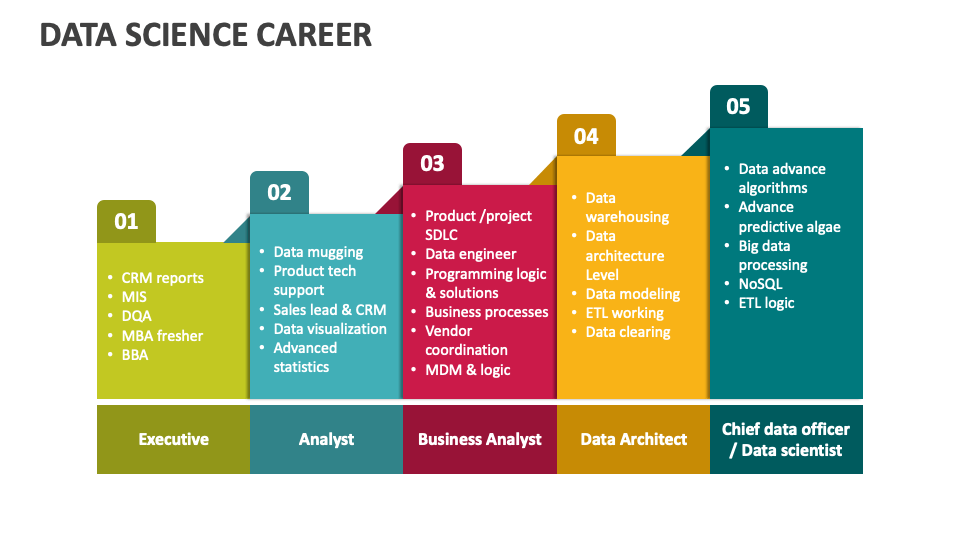
Key Skills Required for a Data Science Career
To succeed in data science, professionals must possess technical and soft skills. Some of the most essential technical skills for a data scientist include
- 1.Programming Skills: Proficiency in programming languages such as Python, R, and SQL is critical. Python is the most popular language in data science due to its extensive libraries and frameworks, including Pandas, NumPy, and TensorFlow.
- 2.Statistical Analysis: A strong understanding of statistical methods is necessary for making sense of data, performing hypothesis testing, and analyzing the significance of results.
- 3.Machine Learning and AI: Machine learning algorithms help data scientists build predictive models and automate decision-making processes. Familiarity with supervised and unsupervised learning, neural networks, and deep learning techniques is vital.
- 4.Data Visualization: It is crucial to present complex data in an easy-to-understand format. Tools like Tableau and Power BI and libraries like Matplotlib and Seaborn help data scientists create visually appealing and insightful dashboards.
- 5.Big Data Technologies: Knowledge of big data frameworks such as Hadoop, Spark, and Hive is essential for handling large datasets efficiently.
- 6.Data Wrangling: Data often comes in raw and messy forms, and data scientists need to clean, preprocess, and transform the data into usable formats for analysis.
Soft skills such as problem-solving, communication, and collaboration are equally important. Data scientists must be able to translate their findings into actionable business insights, often presenting their results to stakeholders without technical backgrounds.
Educational Pathways to Become a Data Scientist
Becoming a data scientist typically requires a strong educational foundation in a quantitative field such as computer science, mathematics, or statistics. While some individuals may enter the field with a degree in a different discipline, most data scientists have at least a bachelor’s degree in one of the following areas:
- Computer Science: Provides a strong foundation in programming and algorithm development.
- Mathematics/Statistics: Offers a deep understanding of statistical methods, probability, and data analysis techniques.
- Engineering: Many data scientists come from an engineering background, where they develop problem-solving and analytical skills.
For more advanced roles, many data scientists pursue a master’s degree or Ph.D. in data science or a related field. These advanced degrees can help individuals gain specialized knowledge in EDA in Data Science, machine learning, artificial intelligence, or natural language processing.
Apart from formal degrees, data scientists often enhance their skills through online courses, boot camps, and certifications. These can provide hands-on experience with the latest tools and technologies, making them more competitive in the job market.
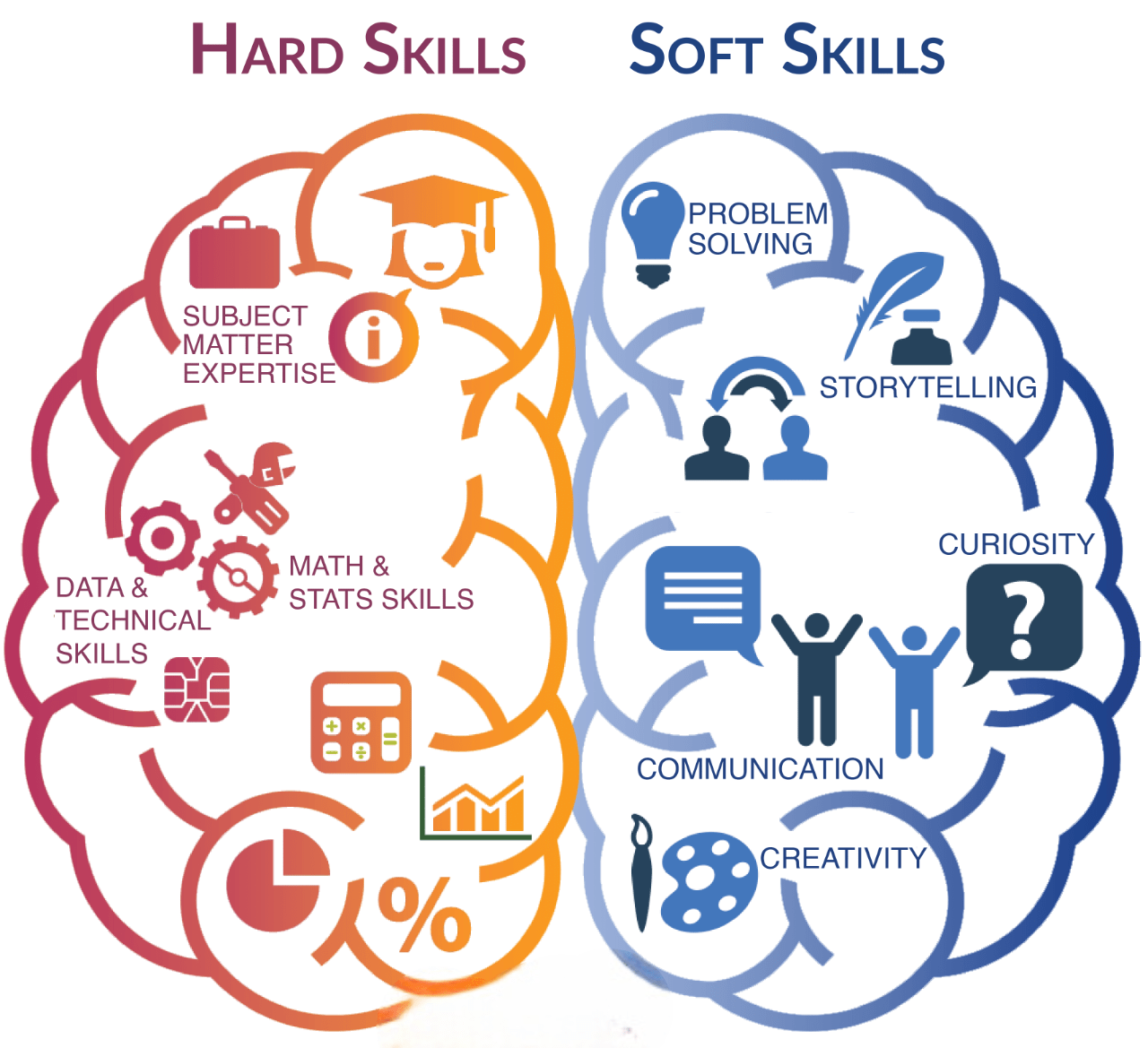
Industries Hiring Data Science Professionals
Data science is not confined to the tech industry its applications span various sectors, each requiring unique skill sets and expertise. Some of the top industries hiring data science professionals include:
- 1.Technology: Tech companies, especially those in software development and AI, are the largest employers of data scientists. These companies often need data scientists to build recommendation engines, enhance user experience, and optimize algorithms.
- 2.Healthcare: Data science is playing a significant role in healthcare, helping with predictive modeling, drug discovery, personalized medicine, and patient outcomes analysis.
- 3.Finance and Insurance: Data scientists in finance are tasked with analyzing market trends, detecting fraud, and developing risk assessment and portfolio management algorithms.
- 4.Retail and E-commerce: Retailers use data science to understand consumer behavior, predict purchasing trends, optimize inventory, and personalize marketing strategies.
- 5.Government and Public Sector: Governments utilize data science for tasks such as traffic prediction, public health analysis, and policy modeling.
- 6.Telecommunications: Telecom companies use data science to optimize networks, improve customer service, and predict customer churn.
The versatility of data science across various industries makes it an attractive career choice for professionals who wish to explore multiple sectors and impact different areas of society.
Career Growth and Advancement in Data Science
The field of data science is constantly evolving and offers a wide range of career advancement opportunities. Many professionals begin their journey in entry-level roles like data analyst or junior data scientist, eventually progressing into advanced positions such as senior data scientist, data engineer, or machine learning engineer. With experience and the right Data Science Training, they can move into leadership roles including data science manager, director of data science, or even chief data officer (CDO).
Moreover, data scientists can specialize in machine learning, AI, big data analytics, or business intelligence. Specializing in niche fields can open doors to more advanced roles and higher salaries.
The constant evolution of technology and methods in the field ensures that data scientists always have room to grow and develop their skill sets. By staying updated with the latest tools, programming languages, and techniques, professionals can continue to advance in their careers.
Challenges Faced in a Data Science Career
While data science is an exciting and rewarding career, it comes with challenges. Some of the most common hurdles data scientists face include:
- Data Quality: Raw data is often incomplete, messy, or inconsistent, requiring significant effort to clean and preprocess.
- Interpretation of Results: Data scientists must ensure that the insights they derive from data are accurate and meaningful. Misinterpretation can lead to incorrect conclusions or poor decision-making.
- Keeping Up with Rapid Technological Advancements: Data science is a fast-evolving field, and professionals must constantly update their skills and knowledge to keep pace with new tools, techniques, and technologies.
- Dealing with Uncertainty: Many data science projects involve working with uncertain or incomplete data, making it challenging to create reliable models and predictions.
Freelancing vs Full-time Jobs in Data Science
Data scientists can work as freelancers or pursue full-time roles at companies. Freelancing offers greater flexibility and the potential to work with multiple clients, but it also comes with more uncertainty and a lack of job security. Freelancers are responsible for securing projects, handling administrative tasks, and managing client relationships.
On the other hand, full-time data science roles offer more stability, benefits, and the opportunity to work on large-scale projects within an organization. Full-time roles also provide opportunities for career advancement, mentorship, and professional development. Choosing between freelancing and full-time employment depends on an individual’s career goals, work preferences, and risk tolerance. For those interested in understanding user behavior and business performance, exploring Website Analytics can be highly beneficial.
Certifications and Courses to Boost Your Career
For those looking to enter or advance in data science, obtaining relevant certifications and completing specialized courses can be an excellent way to boost skills and demonstrate expertise. Popular certifications include:
1.Certified Analytics Professional (CAP) 2.Microsoft Certified: Azure Data Scientist Associate 3.Google Professional Data EngineerOnline platforms such as Coursera, edX, and DataCamp also offer courses from renowned universities and institutions that cover everything from machine learning to data visualization.
Future Scope of Data Science
The future of data science is auspicious, driven by the exponential growth of data, continuous advancements in artificial intelligence (AI), and the increasing reliance on automation. As organizations collect more data than ever, data scientists will remain in high demand across various industries, from healthcare and finance to e-commerce and manufacturing. The ability to extract valuable insights from large and complex datasets is becoming more crucial for businesses to stay competitive and make data-driven decisions. Emerging technologies, such as quantum computing and AI-driven analytics, are poised to transform the field of data science.
Quantum computing, for instance, has the potential to solve complex problems much faster than traditional computing, opening new avenues for data scientists to explore. AI-driven analytics will enable quicker and more accurate predictions, helping businesses enhance decision-making processes. Additionally, as industries continue to embrace digital transformation, there will be an increasing demand for data science professionals with expertise in specific sectors. For example, in healthcare, data scientists will play a key role in analyzing medical data to improve patient outcomes. They will be crucial for detecting fraud and optimizing trading strategies in finance. As data becomes more integral to business success, the need for skilled data scientists will only grow.
Conclusion
Data science is a challenging, high-reward career path that offers endless opportunities for growth and innovation. It requires a strong foundation in mathematics, programming, and statistical analysis and the ability to think critically and communicate complex findings effectively. If you are passionate about working with data, solving problems, and making a meaningful impact on businesses and society, data science could be an excellent fit. While the road to becoming a data scientist can be challenging, the benefits are substantial financially and professionally. The demand for skilled data scientists will only rise, making it a wise choice for those seeking a fulfilling, long-term career.Consider enrolling in Data Science Training to kickstart your journey.


